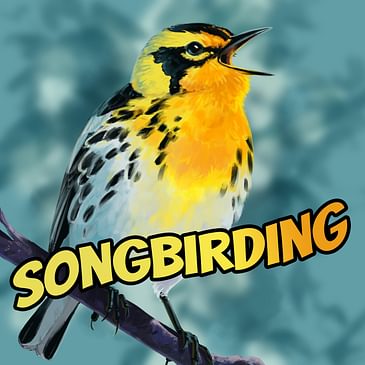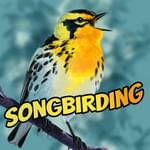At the end of the very first episode of this season I mentioned we’ve be coming back to the nocturnal portion of that hike, and here we are!
This’ll be less birdsong, more talk and waiting in the quiet, I’m going to talk a bit about the Eastern Whip-poor-will. I’ll make reference to some bat sounds, but I couldn’t quite make them audible in the recording this time around. Stick around to the end for a surprise song right at the conclusion of my hike.
eBird Checklist for the outing this was recorded during: https://ebird.org/checklist/S115082556
Download Merlin Bird ID today: https://merlin.allaboutbirds.org/
Credits
Songbirding: The Allegheny National Forest is a Songbirding Studios production.
Recorded, engineered, narrated and created by Rob Porter.
The Songbirding cover art (Blackburnian Warbler) is by Lauren Helton: https://tinylongwing.carbonmade.com/projects/5344062
Creative Commons music is from Axeltree.
This podcast is powered by Pinecast. Try Pinecast for free, forever, no credit card required. If you decide to upgrade, use coupon code r-da20d0 for 40% off for 4 months, and support Songbirding: A Birding-by-ear Podcast.



